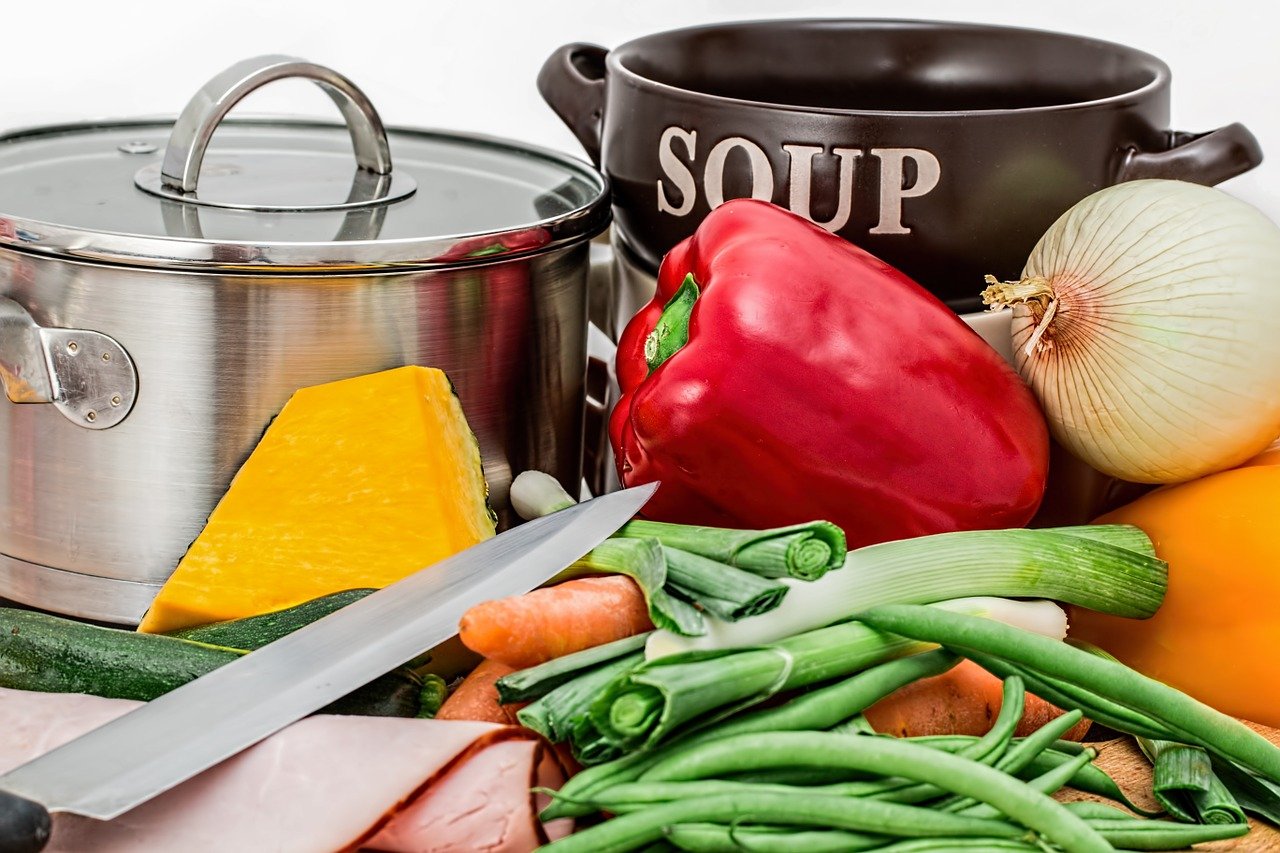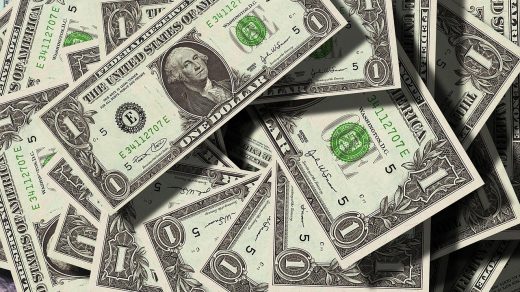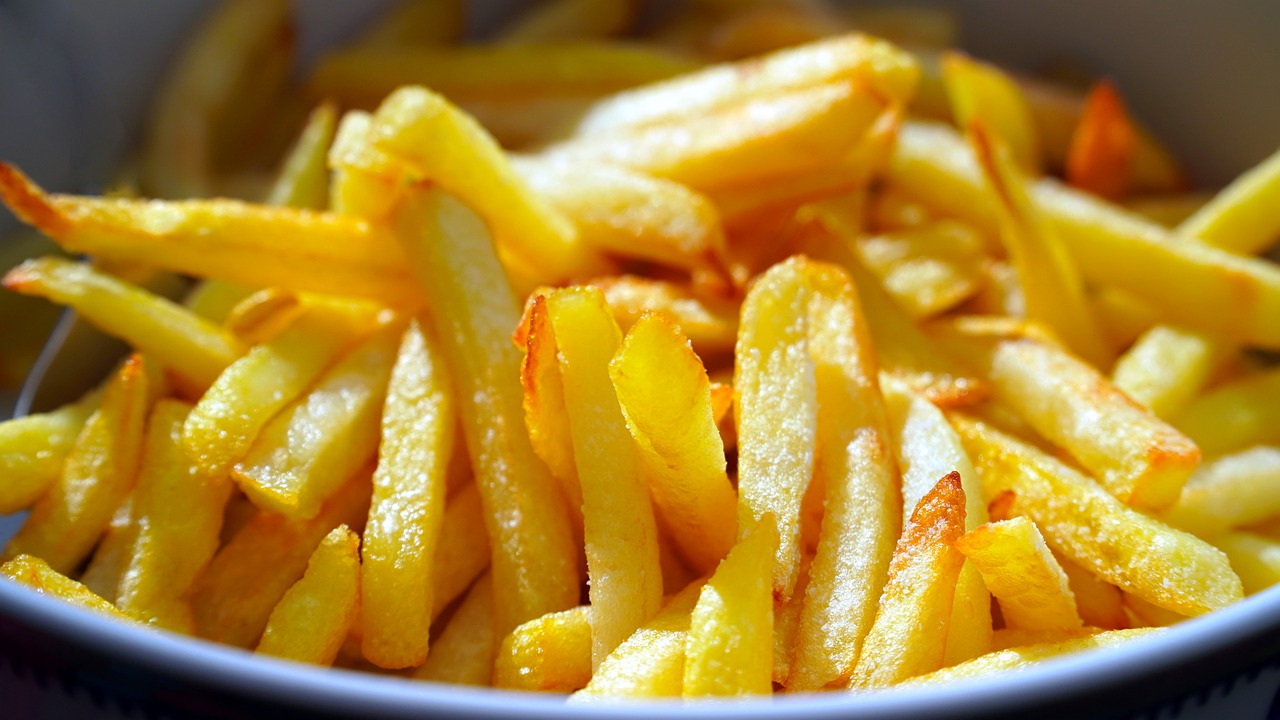Diets are confusing! Every dietician or ‘health expert’ has a different opinion on the subject, and each research study that is issued proclaims to have the definitive answer to your food questions.
We have heard dietary revelations that turn our eating world upside down and then, months later, a study comes along refuting that very argument.
What you have to ask yourself is: who funded that study in the first place, and what do they stand to gain from it? That’s right, I’m a sceptic. Aren’t you?
Here are some of the conflicting arguments about food and dietary requirements:
1) Alcohol
The good – it’s good for the heart. One drink a day can lower the risk of heart attacks and most cancers.
The Bad – creates havoc with your liver and causes you to put your foot on the accelerator instead of the brake.
2) Fruit Juice
The good – counts for one portion of your five a day. Tastes good.
The Bad – rots you teeth. Children lose their appetite for solids.
3) Coffee
The good – can make you lose weight, because caffeine acts as an appetite suppressant and metabolism booster. Enhances memory and alertness.
The bad – drinking just a couple of cups a day won’t have enough effect to make you lose weight. Bad for heart disease, arthritis and blood pressure.
4) Vitamins
The good – helps support and maintain health. Supplements a good diet, giving necessary vitamins and minerals where normal food intake is insufficient.
The bad – causes baldness if taken excessively. Not necessary if you are eating a balanced diet. Expensive urine.
5) Yogurt
The good – probiotic yogurts are sold with the promise that they can improve digestive health. Good source of calcium.
The bad – a study by the European Food Standards Authority refuted all claims made by producers of probiotic products.
6) Vegans / vegetarians
The good – eating a non-meat diet lowers your cholesterol, gets you back to natural foods and saves the planet.
The bad – can eating a non-meat diet give you enough of the protein that you need?
7) Raw foods only
The good – takes food from the earth only. Vitamins and minerals are not cooked out of the food and left behind in the water.
The bad – Is raw food enough? No source of fat.
8) Don’t eat after 8 pm
The good – calories eaten after 8pm don’t have time to burn up, and turn to fat while you sleep.
The bad – calories can’t tell time. As long as you eat the right amount of calories throughout the day, it’s okay.
9) Eat many small meals a day
The good – this boosts your metabolism on a constant basis, making you feel less hungry and less likely to binge, and will burn more calories.
The bad – what you eat has little effect on your metabolism. Rather build muscle, which burns more calories.
10) Pasta makes you fat
The good – when you eat carbs, your body turns them into sugars, which are then stored as fat.
The bad – Carbs don’t make you fat, calories do. Low GI pasta in moderation.
11) Butter vs Margarine
Butter – contains saturated fats and cholesterol. Saturated fats can increase LDL cholesterol (bad cholesterol).
Margarine – originally loaded with trans fats, created through hydrogenation (process used to solidify liquid vegetable oil into a spread. As a result, food manufacturers created non-hydrogenated margarine, which contains no trans fat.
12) Soy vs Meat
Soy – less bloating, clarity of thought and more energy. Has fewer calories than meat, less cholesterol and is a good source of protein. However, allergies to soy is on the rise, which is attributed to genetically modified growing processes.
Meat – is a good source of protein and fats, which the body needs to grow and maintain healthy cell structure. However, meat rots in the human gut, which is not meant to digest meat.
13) Sunshine
The good – sunshine produces vitamin D in the body, which is essential for healthy bones and protects against cancer and heart disease.
The bad – too much exposure to the sun can cause melanoma, a skin cancer.
14) Aspirin
The good – was thought to be good for heart and high blood pressure patients, due to the blood thinning properties.
The bad – no longer good for heart patients, and causes internal bleeding and ulcers.
15) Fish
The good – omega 3 fatty acids protects against heart disease and boosts brain function.
The bad – mercury is absorbed by oily fish, which can affect intelligence and increases the risk of heart disease.
16) General schools of thought
High protein / low protein.
Ratio of carbs, protein and fat.
Non-combining of foods – ie only eating one food at a sitting.
No fruit diets.
No carbs diet.
Low GI diets.
Caveman diet.
Starvation diets.
Three meals a day.
Six to eight meals a day.
Exercise five times a week.
Exercise only three times a week.
Everything you can think of…..
So, the general thing to think about is: Don’t listen to too many people, just listen to your own body.





